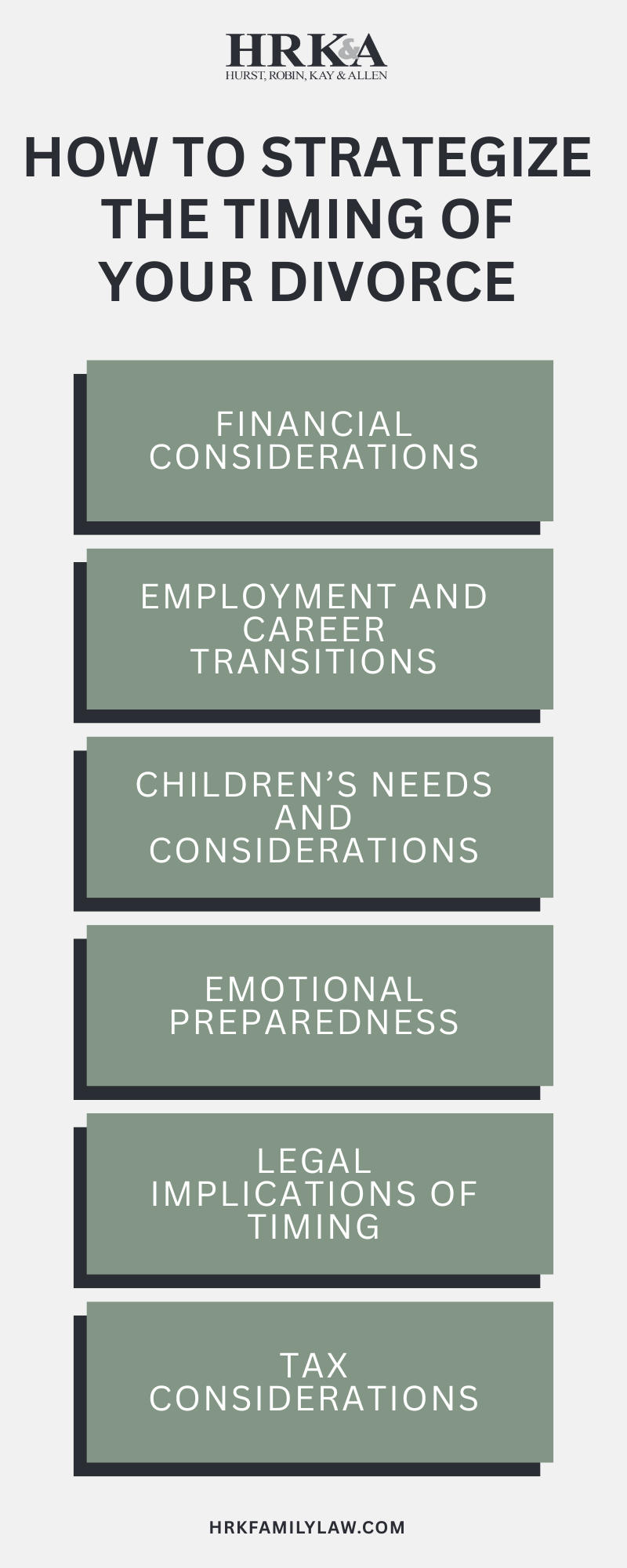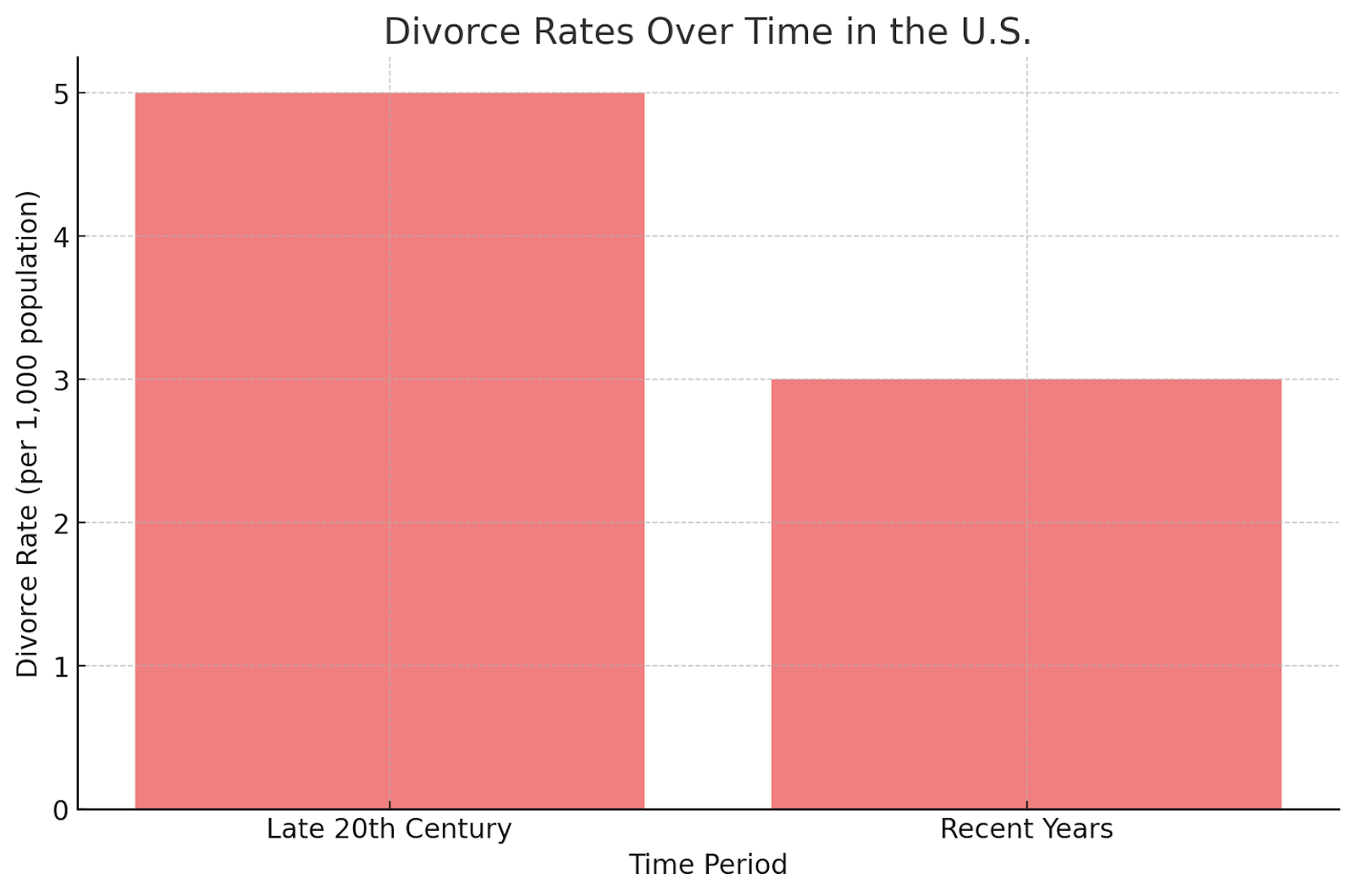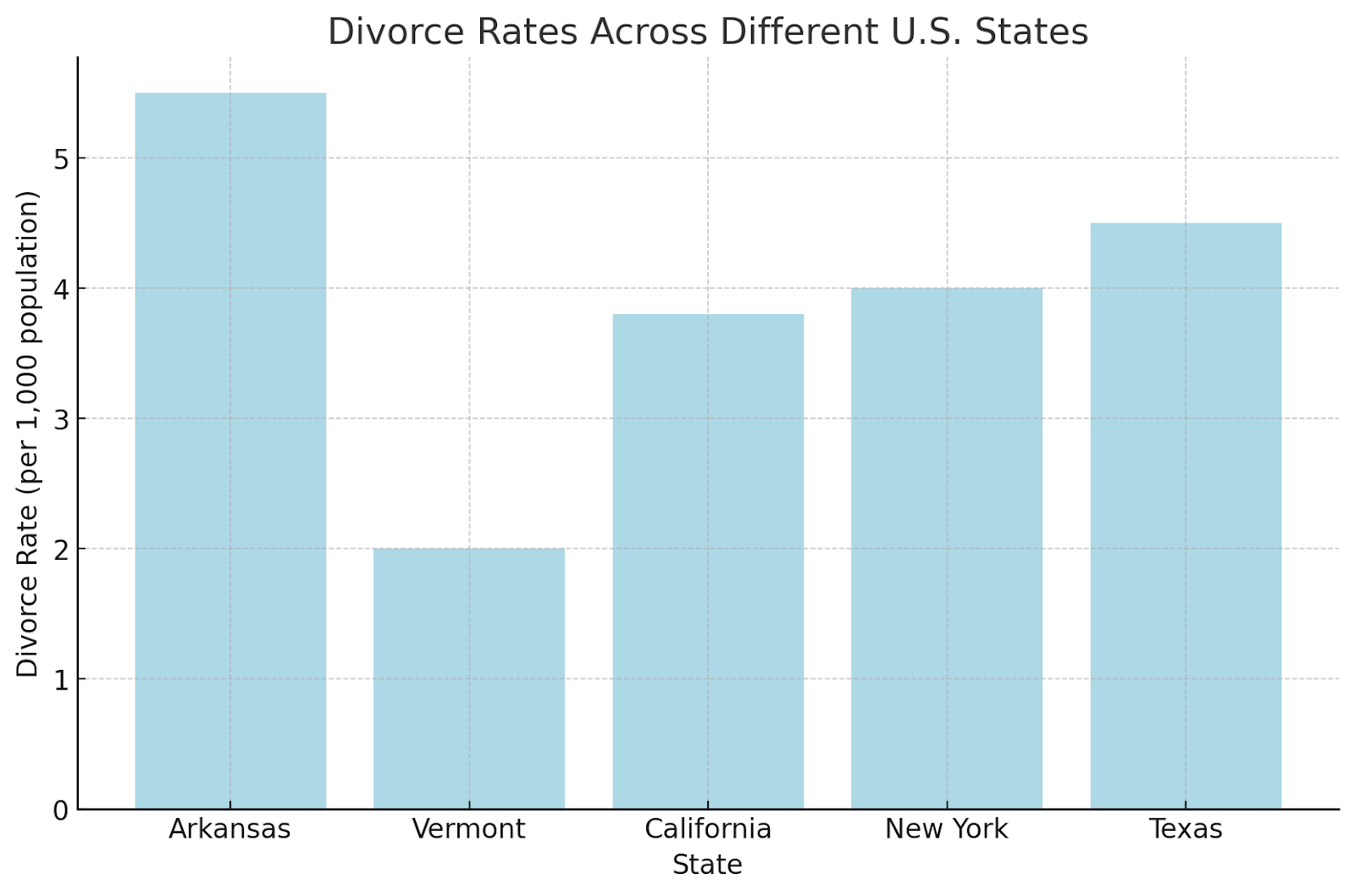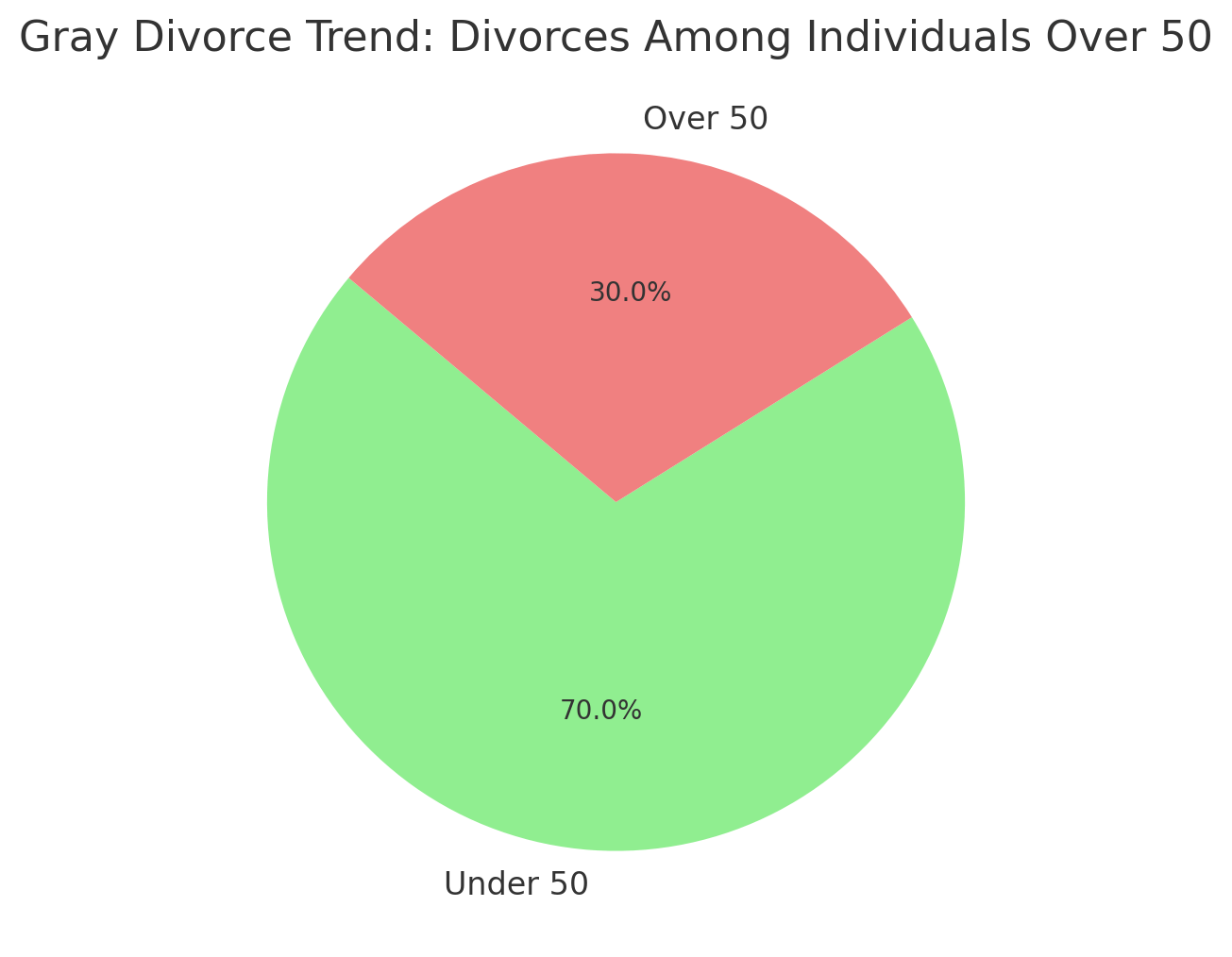Professional Assistance With Your Divorce
Our Chicago, IL divorce lawyer understands that ending a marriage can be one of the most difficult decisions you will ever make. At Hurst, Robin, Kay & Allen, LLC, we combine compassion, experience, and strategic insight to help you move forward with confidence.
Every divorce is unique. Whether your case involves complex finances, child custody, or high-conflict disputes, our attorneys provide personalized guidance designed to protect your rights and achieve the best possible outcome. From your initial consultation to the final decree, we focus on minimizing stress, maintaining stability, and securing your future.
If you’re ready to start a new chapter, contact our Chicago divorce team today to schedule a confidential consultation.
Determining Child Support
Understanding how child support is determined is one of the most important aspects of any divorce involving children. Our Chicago divorce attorney specializes in helping parents establish fair, responsible arrangements that protect the child’s emotional and financial well-being.
The Basics of Child Support
Child support covers a child’s fundamental needs—food, housing, clothing, medical care, education, and extracurricular activities. Payments are intended to maintain stability and ensure children continue to benefit from both parents’ financial resources.
Factors Influencing Calculations
- Income of Both Parents: Courts consider wages, bonuses, dividends, and other income sources.
- Number of Children: Support obligations increase with the number of dependents.
- Custody & Parenting Time: Shared parenting arrangements may reduce or rebalance obligations.
- Special Needs: Medical or educational expenses can modify standard guidelines.
Illinois Child Support Guidelines
Illinois uses an Income Shares Model, evaluating the combined income of both parents to approximate what the child would receive if the household remained intact.
Deviations and Adjustments
Judges may depart from the standard calculation if it produces an unjust result. Deviations often apply in cases involving extraordinary medical costs, major income differences, or unique custody schedules.
Duration of Support
Child support typically continues until a child turns 18 or graduates high school—whichever occurs later. Courts may extend support for college expenses or children with disabilities.
Financial Planning For A Divorce
Divorce is not only emotional—it’s financial. Our attorneys help clients develop a clear plan that minimizes long-term disruption and prepares them for a stable future.
1. Know Your Financial Position
We begin by assessing your full financial picture: income, savings, investments, real estate, debts, and retirement accounts. Gathering bank statements, tax returns, and pay stubs ensures transparency and accuracy.
2. Budget for the Transition
Divorce often means adjusting to new expenses and responsibilities. We help you anticipate immediate costs (living arrangements, attorney fees, child care) and long-term needs so you stay financially grounded.
3. Asset Division Strategy
Illinois follows equitable distribution, dividing assets fairly—not always equally. We help identify marital vs. non-marital assets, ensure accurate valuation, and negotiate settlements that reflect the true worth of shared property.
4. Manage Debt & Credit
Debt accumulated during marriage must be allocated fairly. Reviewing credit reports and establishing responsibility for each debt prevents post-divorce complications and credit damage.
5. Plan for Tax Implications
Tax filing status, capital gains, dependency claims, and maintenance deductions all change after divorce. We work with financial professionals to minimize surprises and align your settlement with tax efficiency.
6. Secure Your Financial Future
After divorce, it’s vital to update your will, beneficiaries, and insurance policies. We encourage clients to establish new financial plans that support independence and security.
How To Strategize The Timing Of Your Divorce
The when of filing can be nearly as impactful as the why. Our Chicago divorce lawyers help you determine the most strategic time to initiate proceedings.
Financial Factors
Timing can affect bonuses, stock vesting, or an upcoming inheritance. We analyze potential gains or losses to help you file at the most advantageous moment.
Employment and Career Transitions
Career changes—whether promotions, layoffs, or new ventures—can alter support and property division outcomes. Understanding timing helps balance opportunity with risk.
Children’s Needs
Divorce timing should also consider the emotional and developmental needs of your children. School schedules, holidays, and family transitions all affect when to proceed.
Emotional Preparedness
You deserve time to prepare mentally and emotionally. Counseling and support systems can help you make sound, level-headed decisions rather than reactive ones.
Legal and Tax Implications
The duration of the marriage may impact eligibility for maintenance or pension rights. Your marital status on December 31 determines your tax filing for that year, making timing a practical as well as emotional decision.
Chicago Divorce Infographic
Chicago Divorce Statistics
Divorce remains a significant aspect of societal dynamics, with various statistics shedding light on its prevalence and influencing factors. In the United States, the divorce rate has experienced fluctuations over time. After peaking in the late 20th century, there has been a general decline in recent years. This trend is partly attributed to individuals marrying at older ages and pursuing higher education, both of which are associated with increased marital stability.
Geographically, divorce rates vary across the U.S., with certain states exhibiting higher rates than others. For instance, Arkansas has consistently reported one of the highest divorce rates, while states like Vermont have had some of the lowest. These variations can be influenced by cultural, economic, and demographic factors unique to each region.
The phenomenon of “gray divorce”, referring to divorces among individuals over 50, has become more prevalent. This trend is linked to increased life expectancy, evolving societal norms, and greater financial independence among older adults. Such divorces can have profound emotional and financial implications, necessitating careful consideration and planning.
Divorce FAQs
What are the grounds for filing for divorce?
In Illinois, the only ground for divorce is irreconcilable differences—meaning the marriage has broken down beyond repair and reconciliation is not possible. Illinois law follows a strict no-fault divorce model, so neither spouse is legally blamed for the breakdown. Spouses must generally live separate and apart for at least six months before finalizing the divorce, though they can reside under the same roof if they maintain independent lives. This no-fault approach helps reduce conflict and allows couples to focus on resolution rather than assigning blame.
How is property divided in a divorce in Illinois?
Illinois uses the equitable distribution model, which divides marital property fairly, not necessarily equally. Courts evaluate many factors, including each spouse’s contribution to income and property, the length of the marriage, each person’s economic circumstances, and child custody arrangements. Assets acquired during marriage are generally marital property, while items obtained before marriage or received as gifts or inheritances are typically non-marital. Your attorney can help ensure all assets and debts are properly classified, valued, and divided in a way that protects your long-term interests.
How is child custody determined in a divorce?
Illinois courts focus on the best interests of the child when determining parental responsibilities and parenting time. Judges consider the child’s relationship with each parent, health and safety, adjustment to home and school, and each parent’s willingness to foster a healthy relationship with the other parent. The court may assign joint or sole decision-making depending on what supports the child’s emotional stability and growth. In every case, maintaining continuity and minimizing stress for the child are key priorities.
Can I get alimony (spousal support), and how is it calculated?
Yes. Illinois courts may award spousal maintenance (commonly called alimony) when there’s a financial imbalance between spouses. Judges review income, property, standard of living during the marriage, length of the marriage, health, and future earning potential. Illinois law provides formula-based guidelines to calculate maintenance, using both spouses’ incomes and the duration of the marriage. Courts can adjust the formula if unique financial circumstances justify a different outcome, ensuring the support order reflects fairness and sustainability.
Is mediation required?
Mediation is not mandatory in every Illinois divorce, but it is often required when parents disagree on parenting time or decision-making responsibilities. Even when optional, mediation can help couples reach cost-effective, less stressful solutions outside the courtroom. It encourages collaboration on parenting schedules, asset division, or support agreements and allows couples to retain control over their outcomes. Many Chicago divorce lawyers recommend mediation first to reduce time, conflict, and legal costs.
How are retirement accounts and pensions handled in an Illinois divorce?
Retirement accounts, pensions, and other long-term benefits are typically considered marital property to the extent they were earned during the marriage. Dividing these assets requires a special court order known as a Qualified Domestic Relations Order (QDRO) or similar instrument. The order allows funds to be split without triggering taxes or early withdrawal penalties. Because these accounts often represent a large portion of a couple’s net worth, it’s important to have them properly valued and divided to protect your financial future.
What if my spouse hides assets or underreports income?
If you suspect hidden assets, your attorney can use legal tools such as discovery requests, subpoenas, and forensic accounting to trace income, bank accounts, and business records. Illinois courts take asset concealment seriously, and a spouse who hides property may face financial penalties or an unequal division of marital assets. Experienced divorce lawyers know how to identify discrepancies and present evidence to ensure that all income and property are accounted for before settlement or trial.
Chicago Divorce Glossary
At Hurst, Robin, Kay & Allen, LLC, we know that going through a divorce often involves learning unfamiliar terms that can feel overwhelming during an already difficult time. To help our clients feel more informed and confident, our Chicago divorce lawyers have compiled a list of important phrases and terms commonly used in legal proceedings. These definitions offer clear explanations of what to expect and how certain decisions may affect your case.
Parenting Allocation
Parenting allocation refers to the division of decision-making responsibilities and parenting time in a divorce or separation. In Illinois, the term has replaced the traditional concept of “custody.” Courts determine parenting allocation based on what is in the child’s best interests. This includes both major decision-making responsibilities (such as education, healthcare, and religion) and the schedule of time the child spends with each parent. A parenting plan is typically developed, either by agreement of both parties or by court order, to outline these arrangements clearly.
Marital Vs. Non-Marital Property
In Illinois divorce law, a key distinction is made between marital and non-marital property. Marital property includes assets and debts acquired by either spouse during the marriage. Non-marital property refers to assets owned by one spouse prior to the marriage, as well as certain items received individually, such as gifts or inheritances. Illinois courts use equitable distribution to divide marital property fairly. Proper classification of assets is essential for an accurate settlement.
Spousal Support
Maintenance, often referred to as spousal support or alimony, is financial assistance paid by one spouse to the other after separation or divorce. It helps the receiving spouse maintain financial stability, particularly when there is a disparity in income or earning capacity. Illinois law applies statutory guidelines based on both parties’ incomes and marriage duration but allows judicial discretion when fairness requires flexibility.
Allocation Of Debts
Just as marital assets are divided, so are debts acquired during the marriage. Courts determine how to assign responsibility for debts such as credit cards, personal loans, mortgages, and medical bills. Even if a debt is in one spouse’s name, it may be considered marital if it benefited the household. Proper review ensures you’re protected from post-divorce liabilities.
Parenting Time Schedule
A parenting time schedule outlines when a child will be with each parent following a divorce. It’s part of the broader parenting plan required under Illinois family law. Courts promote schedules that preserve strong relationships with both parents while supporting the child’s emotional, educational, and developmental needs.
If you’re preparing for divorce or need guidance with child custody, support, or property division, our team is here to help. At Hurst, Robin, Kay & Allen, LLC, we provide straightforward legal support to help our clients make informed decisions. Contact us today to schedule a consultation with our trusted Chicago divorce lawyer.
Hurst, Robin, Kay & Allen, LLC, Chicago Divorce Attorney
Chicago Office
30 N La Salle St #1210, Chicago, IL 60602
New Clients: 312-854-7670 | Existing Clients: 312-782-2400
Contact Our Divorce Lawyer Today
At Hurst, Robin, Kay & Allen, LLC, we are dedicated to helping individuals and families across Chicago navigate divorce with clarity, confidence, and compassion. Our attorneys combine deep knowledge of Illinois divorce law with years of courtroom and negotiation experience to guide you through every stage of the process.
Whether you need help understanding your legal rights, negotiating a fair settlement, or protecting your children’s best interests, our team provides strategic, personalized representation built around your goals. We focus on reducing stress while achieving the best possible outcome for your family and your future.
We understand how emotionally and financially challenging this time can be. That’s why our Chicago divorce lawyers take a hands-on approach — keeping you informed, prepared, and supported from start to finish. Thousands of clients throughout Chicago and the surrounding suburbs have trusted us to help them start their next chapter with stability and peace of mind.
Contact us today to schedule a confidential consultation and take the first step toward your new beginning.
Client Review
“John Kay handled my divorce. He made a very difficult situation manageable. He listened to me, responded in a timely manner and was not afraid to challenge the opposing attorney. I would recommend him to anyone facing this difficult life choice.” Liz Nesbit








